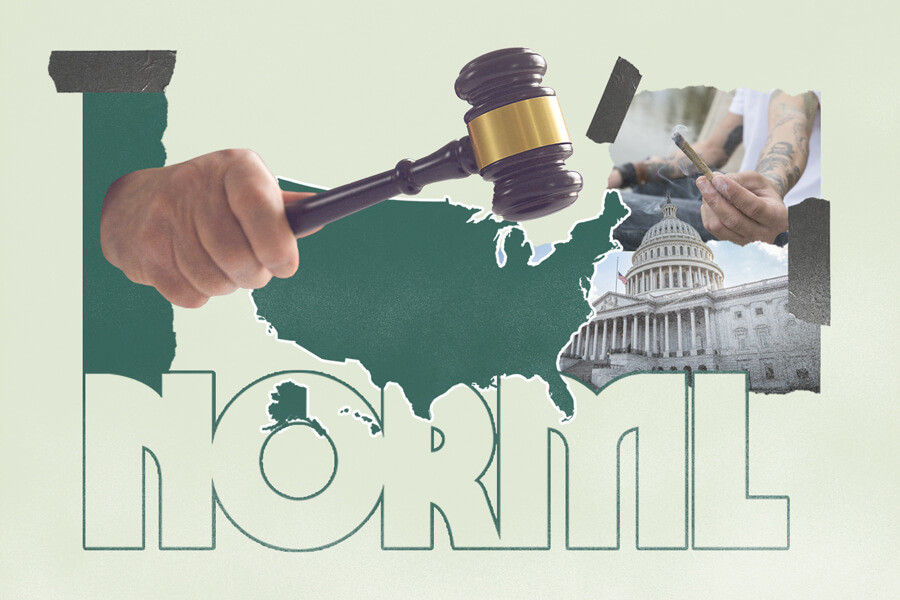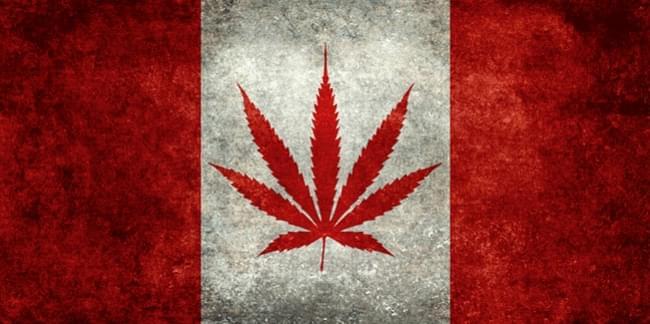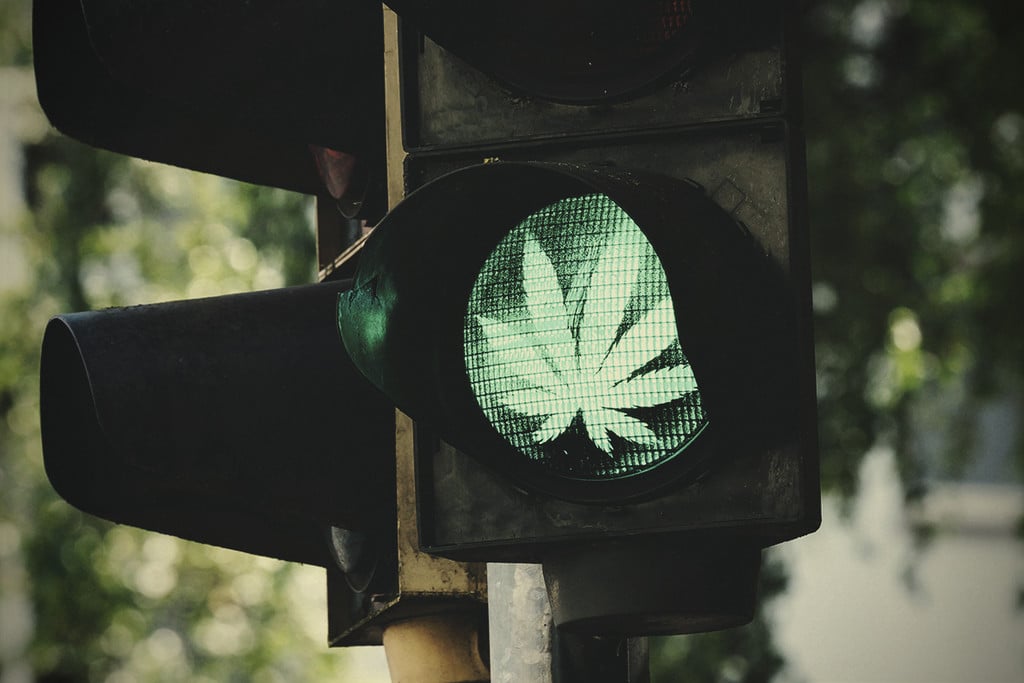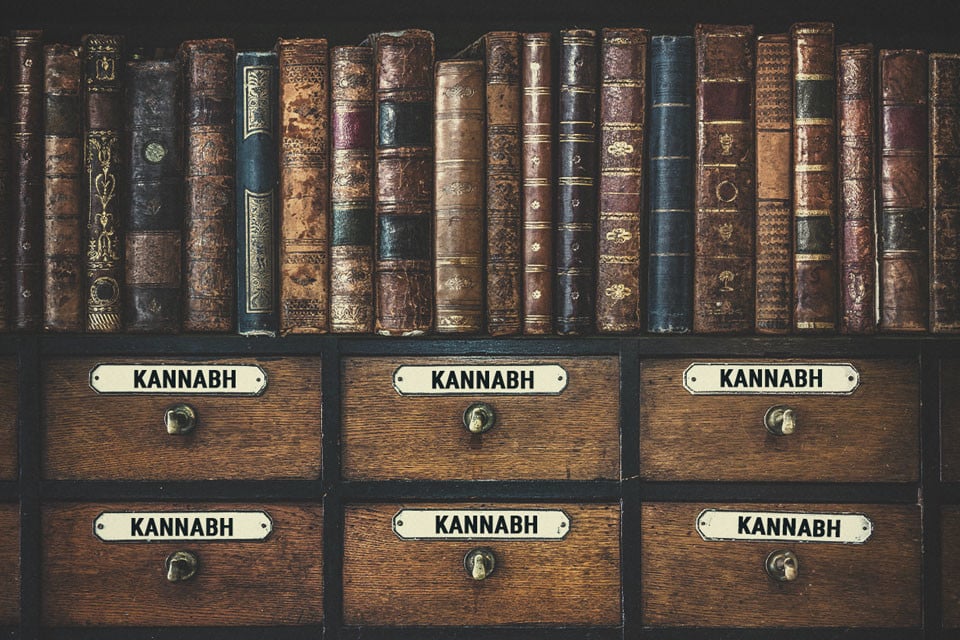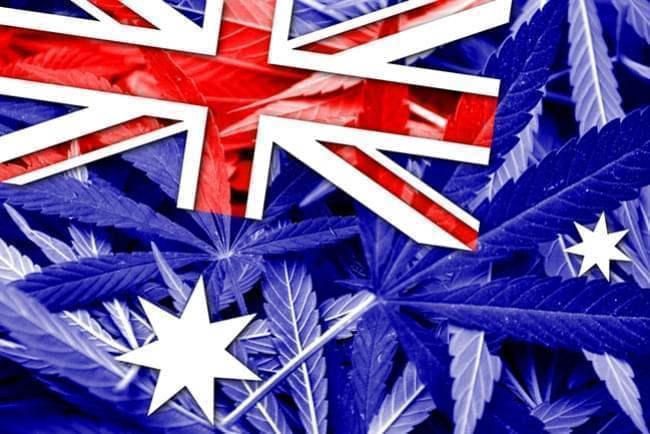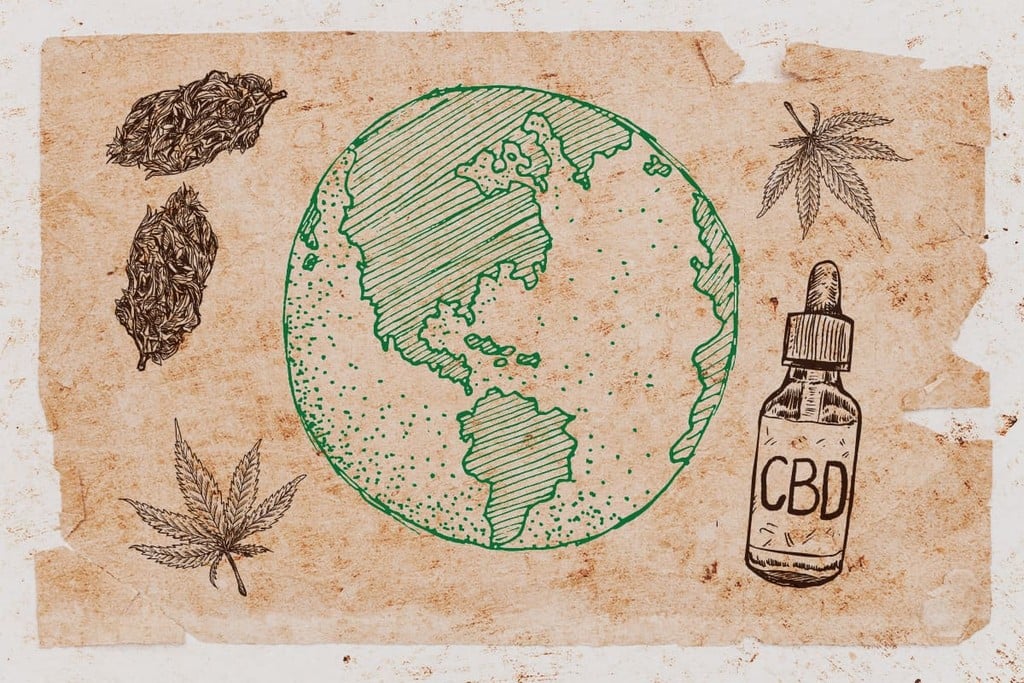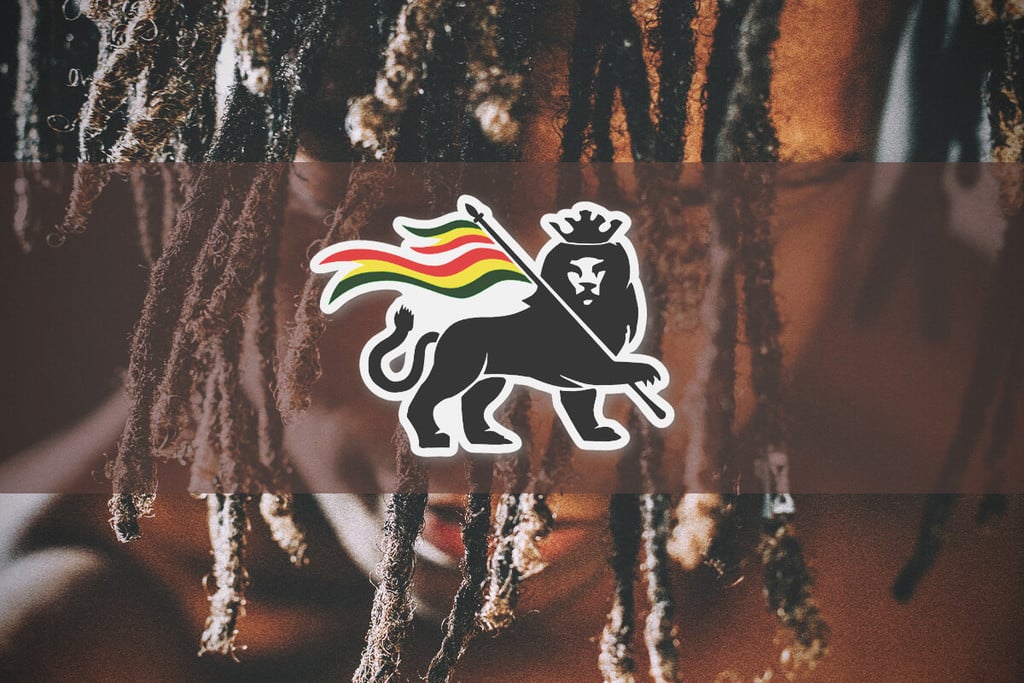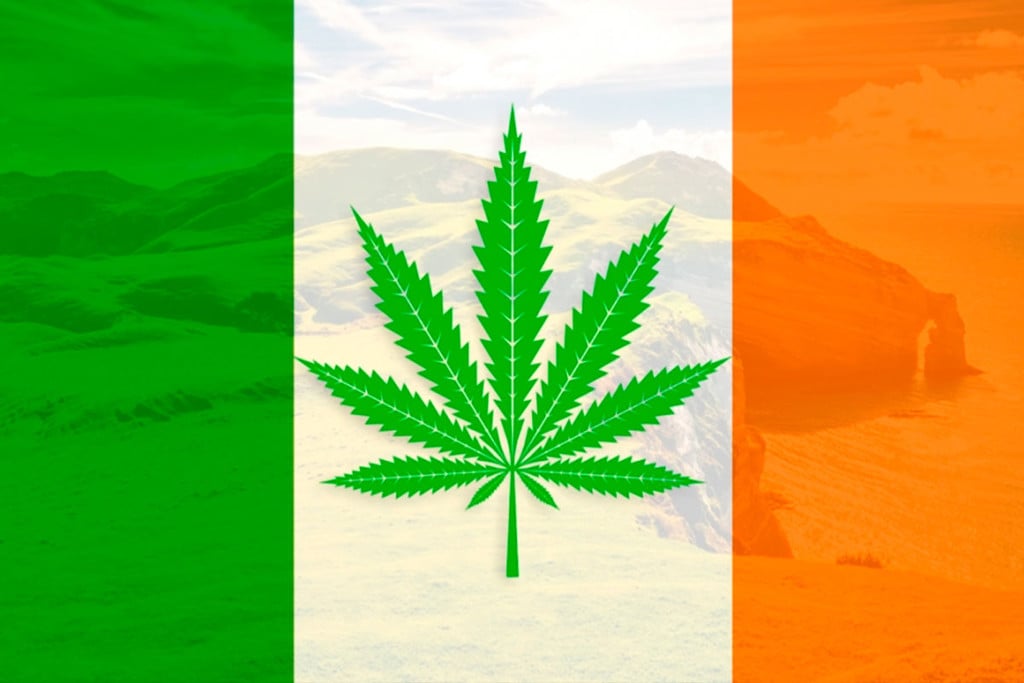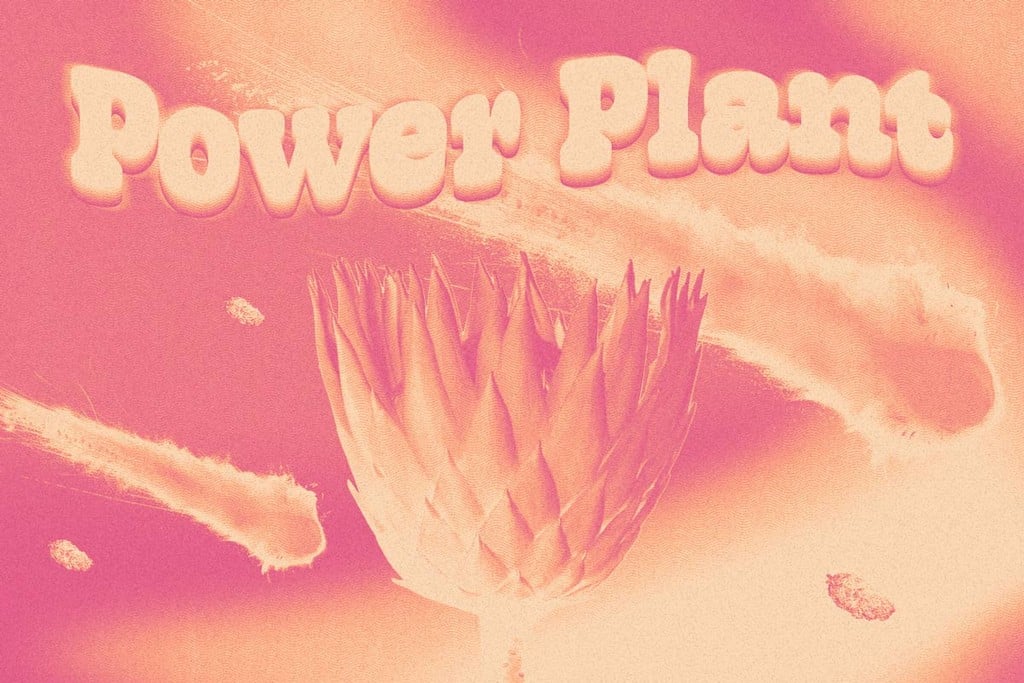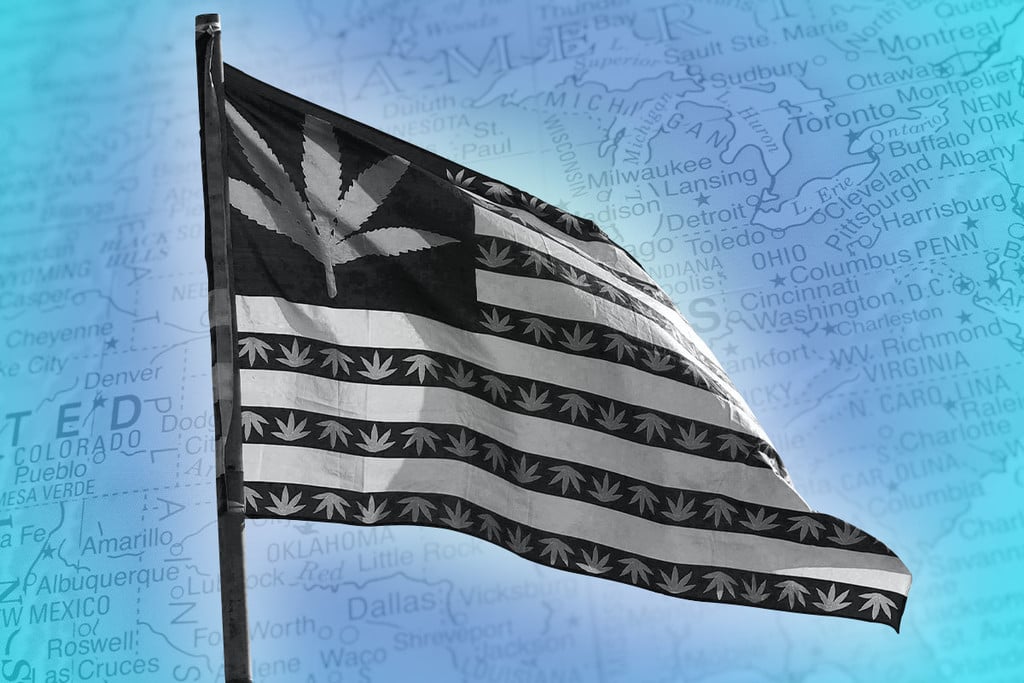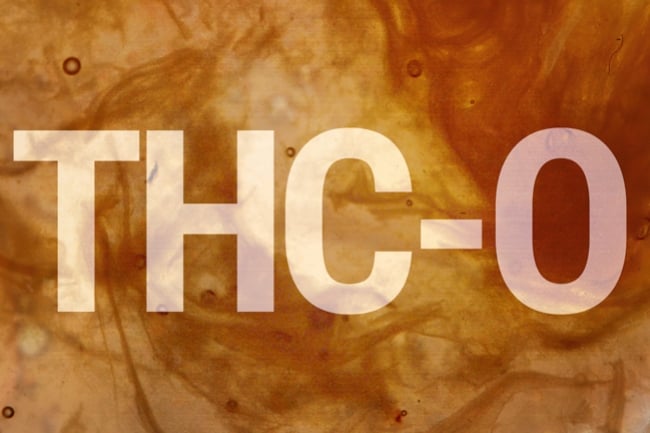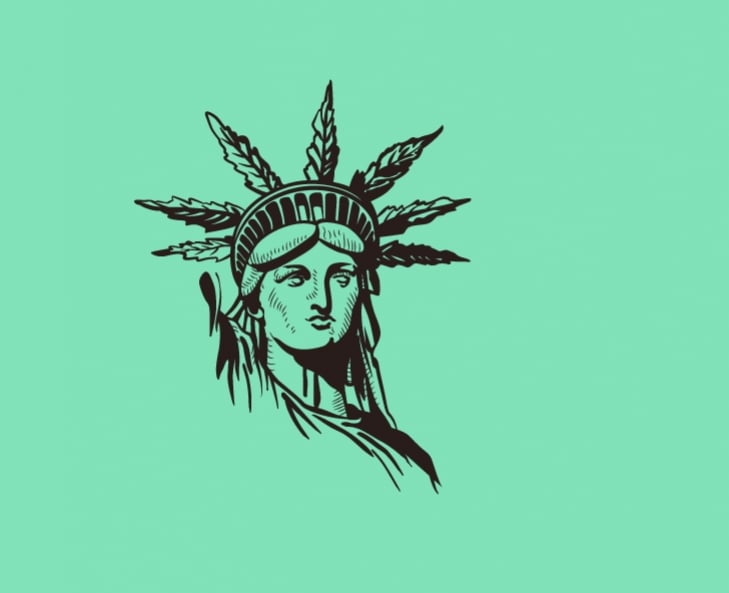.
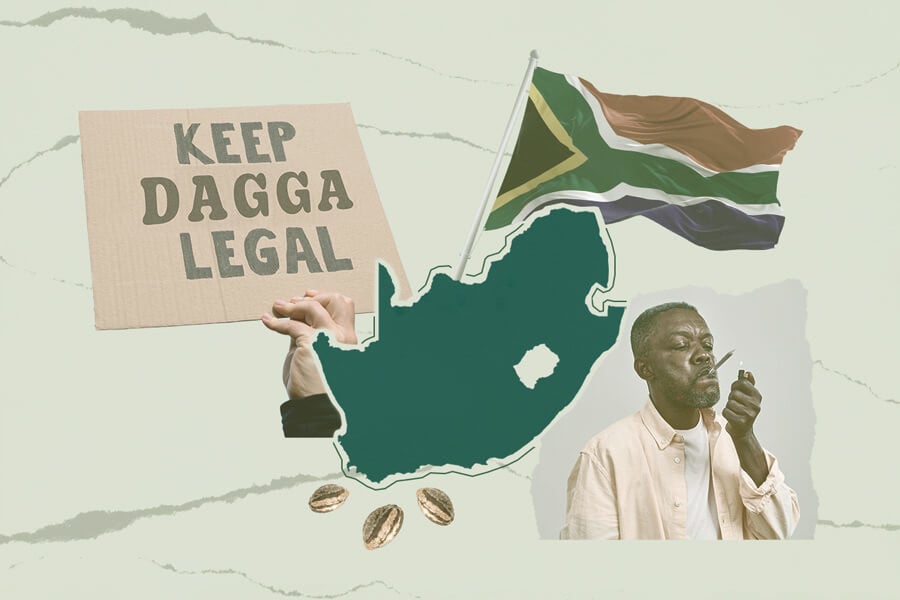
The Legal Status of Cannabis in South Africa
South Africa is one of the newest countries set to legalize cannabis possession and cultivation. But is it all good news? Here we delve into the Cannabis for Private Purposes Bill, and see what implications it has for both commerical and hobby growers in South Africa.
South Africa has taken another major stride towards cannabis legalization, known domestically as “dagga”. Private cultivation, use, and possession of the herb were decriminalised in 2018, and a new bill aims to publish legal guidelines to make matters more clear for citizens going forward.
The Cannabis for Private Purposes Bill, drafted back in 2018, was finally dragged from its bureaucratic stasis when it was adopted by the National Assembly—the elected house of parliament in South Africa situated in Cape Town—on November 14th, 2023. The legislation poses guidelines for the formalisation of cannabis legalization. It emerged following a ruling in September 2018 in which the Constitutional Court of South Africa found it unconstitutional for the state to prosecute adults growing, possessing, or using cannabis in private.
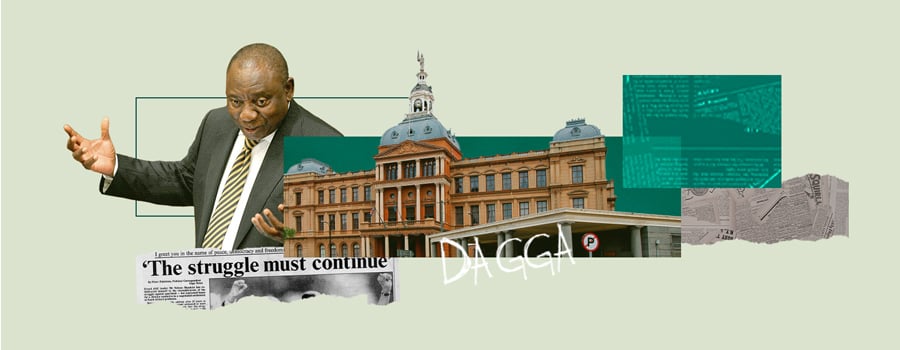
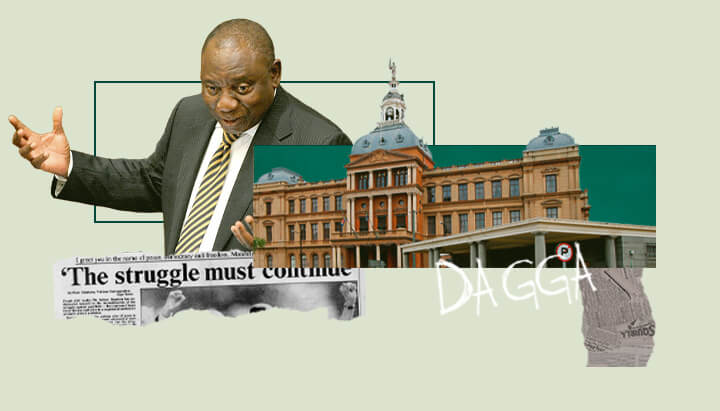
The courts granted the state 24 months to amend affected legislation, and also granted interim relief for citizens, allowing them to immediately start possessing, using, and growing weed. However, the Cannabis for Private Purposes Bill aims to quantify the maximum amounts that citizens can grow for personal use, without constituting trafficking and commercial operations.
The bill garnered majority support from a range of parties, including the African National Congress, Democratic Alliance, and Inkatha Freedom Party, but faced minority opposition from Freedom Front Plus and Africa Christian Democratic Party.
While this piece of legislation has tilted the scales in favor of liberty for cannabis growers, it by no means changes the legality surrounding commercial operations. Speaking in the National Assembly, MP and member of the Democratic Alliance, Janho Engelbrecht, stated[1]:
“People should bear in mind what this bill is about. It is about cannabis for private use by adults. You are not allowed to buy or sell cannabis, because this still remains a criminal activity with severe consequences. If you want to smoke it, you have to grow it, don’t buy it”.
News surrounding parliamentary approval has certainly aroused hype, but the legislation must first jump through a couple of hoops before domestic growers have any guidelines to adhere to. Next, the National Council of Provinces must concur and pass the bill. Following this, everything hinges on the assent of the president—Matamela Cyril Ramaphosa—and his signing it into law. But matters appear hopeful.
In his 2022 State of the Nation Address, Ramaphosa expressed[2] his idea to make South Africa a part of the multi-billion-dollar hemp and cannabis sector, on the grounds that such a move would help to remedy the country’s ailing economy and create 130,000 jobs. The non-commercial Cannabis for Private Purposes Bill appears as an on-ramp to larger industrial cannabis operations. The bill also calls for the expungement of criminal records for individuals previously convicted of the possession or use of cannabis.
The guidelines that the bill[3] promises certainly came as good news to cannabis growers looking to cultivate in a legal manner. The document opens with a list of changes that the legislation hopes to implement, including:
- To respect the right to privacy of an adult person concerning the use, possession, and cultivation of cannabis
- To provide expungement of criminal records of persons convicted of possession and use of cannabis
- To protect adults and children against the harms of cannabis


However, those with little space and no green fingers will continue having to rely on illegally purchasing plant material from black market sources. But they aren’t the only population left in the dark. Despite the initial wave of optimism following parliamentary approval of the bill, it leaves private cultivators in a gray area. The legislation features “contemplated prescribed quantities” that include up to 600g of dried cannabis per person or 1,200g per dwelling, and four flowering plants per person and eight per dwelling. However, these figures are not set in stone, and are to be finalised by the Justice and Correctional Services Minister Ronald Lamola.
The bill also outlines many regulatory boundaries. For example, cultivating more than the prescribed quantity can land growers with either a Class C offense for a minor infraction, a Class B offense for cultivating a “trafficable quantity”, and a Class A offense for growing a “commercial quantity”. Similar consequences are also applied to possession, transport, and consumption in a public place. Class C offenses include a fine and imprisonment not exceeding four years, whereas Class A offenses are punishable by fines and imprisonment of up to 15 years.
Is Weed Legal in South Africa?
Cannabis growers received the right to grow in private spaces and for personal use back in 2018. Outside of this interim ruling, while cultivators await formal legalization, certain components of cannabis remain highly prohibited in South Africa. The Medicines Act categorises substances from Schedule 1–8, with 8 denoting the most restricted drugs. This legislation distinguishes between THC, which sits in Schedule 7, and CBD, which occupies Schedule 4. All commercial sales of cannabis remain illegal in South Africa. However, a medical programme allows patients to source high-THC cannabis by obtaining a prescription and registering on the IntroCann Portal.
The Underground Cannabis Clubs of Cape Town
The current decriminalisation of the use, possession, and cultivation of cannabis has pried open some loopholes in the law that many weed lovers are more than happy to exploit. Because commercial cannabis operations remain strictly forbidden, consumers can’t rock up to a coffeeshop like those that line the streets of Amsterdam. However, cannabis clubs[4] similar to those in Barcelona have started to spring up in Cape Town.
The membership model that keeps these establishments afloat requires that each member contributes a monthly sum to the club to sustain it. Technically speaking, members are neither buying nor selling weed; they're simply chipping into a group project. Some of these clubs have in-house doctors and take advantage of the legal prescriptions outlined in the Medicines Act by day while serving recreational “customers” in the evenings.
However, lawyers have weighed in on this situation and pointed out their illegality. For one, medical cannabis can only be grown in a facility licensed by the South African Health Products Regulatory Authority (SAHPRA). While the recreational side of the club remains in a gray area, the Cannabis for Private Purposes Bill may bring it to an end by imposing strict limits on the total amount of plants and dried plant material allowed on a single private premises.
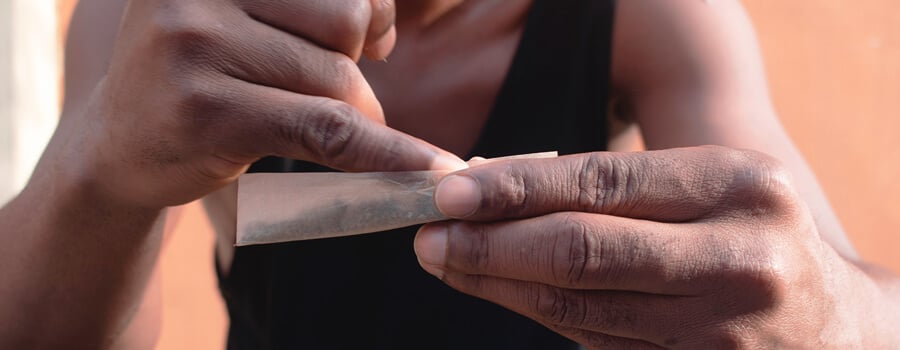
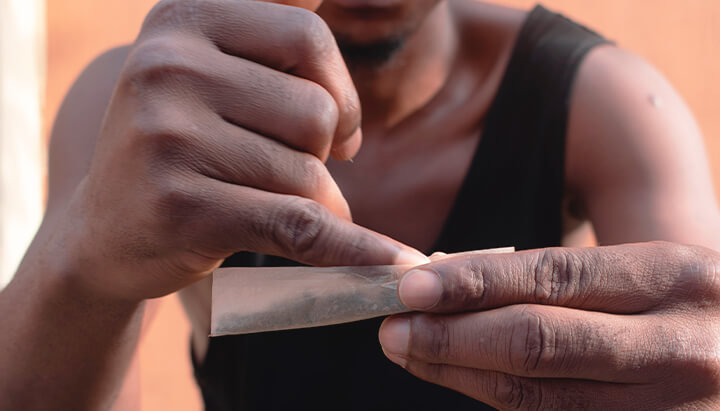
Are Cannabis Seeds Legal in South Africa?
Adult citizens are allowed to grow cannabis and, therefore, to possess the seeds required to undergo such an activity. Previously, citizens in the country relied heavily on genetics created by seed banks overseas. With current decriminalisation and looming legalization, domestic seed companies are starting to emerge and gain serious traction, including large commercial operations and small artisan breeders.
Royal Queen Seeds, having firmly rooted itself in the South African cannabis scene a few years back, now offers enthusiasts in the region a reliable source for premium seeds through our official reseller, Seeds For Africa.
Dagga Laws in South Africa 2024: What Does the Future Hold?
The future of dagga in South Africa seems bright. However, a dark cloud of obscurity currently obstructs some of those hopeful rays. In some ways, legalization could end up stripping away some of the freedom bestowed by decriminalisation, including limits on cultivation and possession. However, the ability to grow hassle-free puts South Africa leagues ahead of many other countries. Furthermore, the president has hinted that the newly approved bill will serve as a springboard into a potential commercial market. However, commercialisation doesn’t benefit everyone. In the event that a legal industry does unfurl, legacy growers[5] who have established a nascent, albeit illegal, industry, and who depend on the herb for their livelihoods, could be ousted by giant corporate investors.
- National Assembly finally gives Cannabis Bill the green light https://www.citizen.co.za
- South Africa's cannabis growers left behind by legalisation plans https://www.bbc.co.uk
- Cannabis for Private Purposes Act, 2024 https://www.parliament.gov.za
- We bought dagga. It was probably illegal https://www.groundup.org.za
- South Africa's cannabis growers left behind by legalisation plans https://www.bbc.co.uk


























